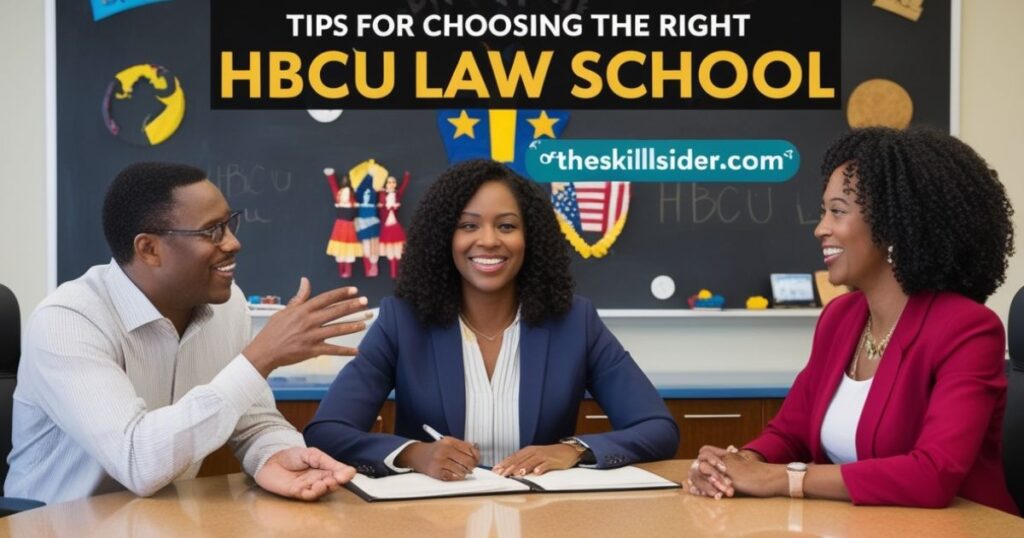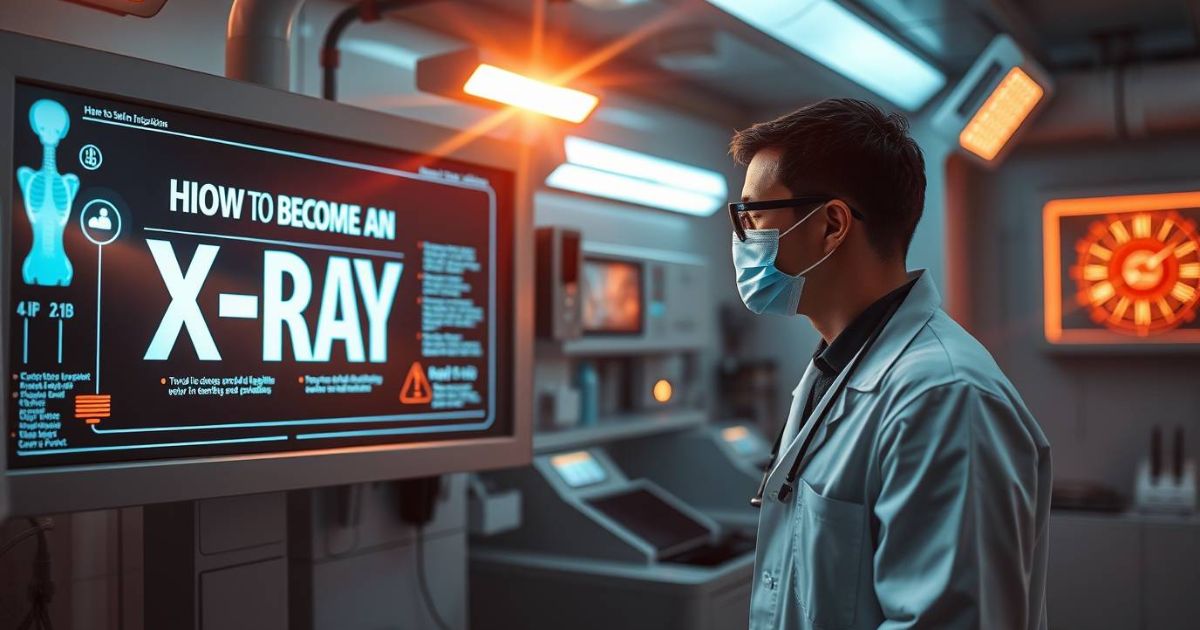HBCU Law Schools: A Comprehensive Guide
HBCU Law Schools are institutions that offer legal education with a focus on the African-American experience and social justice.
These schools are part of Historically Black Colleges and Universities (HBCUs), which were established to provide higher education opportunities for African-Americans during times of segregation.
We’ll explore what HBCU law schools are, their significance, and how they contribute to the legal profession.
What Are HBCU Law Schools?
HBCU Law Schools are a vital part of the American educational system. They not only provide legal training but also emphasize cultural and social awareness, preparing students to advocate for justice and equality. Although HBCUs represent only 3% of all law schools in the U.S., they produce about 25% of the law degrees earned by Black students.
Why Are HBCU Law Schools Important?
- Focus on Social Justice: These schools have a strong emphasis on civil rights and social justice.
- Diversity in the Legal Field: They help diversify the legal profession by producing a significant number of Black attorneys.
- Supportive Environment: HBCU law schools provide a nurturing and inclusive environment for students of color.
List of HBCU Law Schools
There are six HBCU law schools in the United States:
- Howard University School of Law
- Known for its prestigious reputation and top-tier education.
- Focuses on civil rights and advocacy for people of color.
- Southern University Law Center
- Located in Baton Rouge, Louisiana.
- Established in 1947 during segregation to offer African Americans access to legal education.
- Texas Southern University—Thurgood Marshall School of Law
- Focuses on training public servants and advocates for underrepresented communities.
- Florida A&M University College of Law
- Offers a diverse curriculum with an emphasis on service and leadership.
- North Carolina Central University School of Law
- Known for its strong community-focused legal programs.
- University of the District of Columbia David A. Clarke School of Law
- Renowned for its clinical law programs and focus on public interest law.
Comparing the Best HBCU Law Schools
Here’s a table summarizing key features of these schools:
| Law School | Location | Special Focus |
|---|---|---|
| Howard University | Washington, D.C. | Civil Rights Advocacy |
| Southern University Law Center | Baton Rouge, Louisiana | Civil Rights Attorneys |
| Texas Southern University | Houston, Texas | Public Service |
| Florida A&M University | Orlando, Florida | Leadership & Service |
| North Carolina Central University | Durham, North Carolina | Community Legal Programs |
| University of the District of Columbia | Washington, D.C. | Public Interest Law |
Tips for Choosing the Right HBCU Law School
- Consider Location: Choose a school in a region where you’d like to practice law.
- Evaluate Special Programs: Look into each school’s areas of focus and extracurricular activities.
- Visit the Campus: Get a feel for the community and support services.

Common Mistakes to Avoid
- Overlooking Accreditation: Ensure the law school is accredited by the American Bar Association (ABA).
- Not Researching Alumni Success: Check the success rate of graduates in passing the bar exam and securing jobs.
- Ignoring Financial Aid Options: Explore scholarships and grants available at each institution.
EQ Versus IQ in Legal Education
While intelligence (IQ) is essential for succeeding in law school, emotional intelligence (EQ) plays an equally critical role. EQ includes skills like empathy, communication, and stress management, which are vital for legal professionals. HBCU law schools often emphasize the development of both IQ and EQ, preparing students to navigate the complexities of the legal world with competence and compassion.
Conclusion
HBCU Law Schools are a cornerstone of legal education, offering unique opportunities for students to advance justice and equality. By focusing on both academic excellence and cultural awareness, these institutions have shaped countless leaders in the legal field.
Whether you’re considering Howard University’s advocacy programs or Southern University’s civil rights focus, each HBCU law school offers something unique to help you achieve your goals. Remember to weigh your options carefully, consider your personal and professional aspirations, and embrace the journey ahead.
FAQs
1. What is the significance of HBCU law schools?
HBCU law schools play a crucial role in diversifying the legal profession and advocating for social justice. They produce a significant percentage of Black attorneys in the U.S.
2. How many HBCU law schools are there?
There are six HBCU law schools, including Howard University, Southern University, and others.
3. Are HBCU law schools accredited?
Yes, all six HBCU law schools are accredited by the American Bar Association (ABA).







